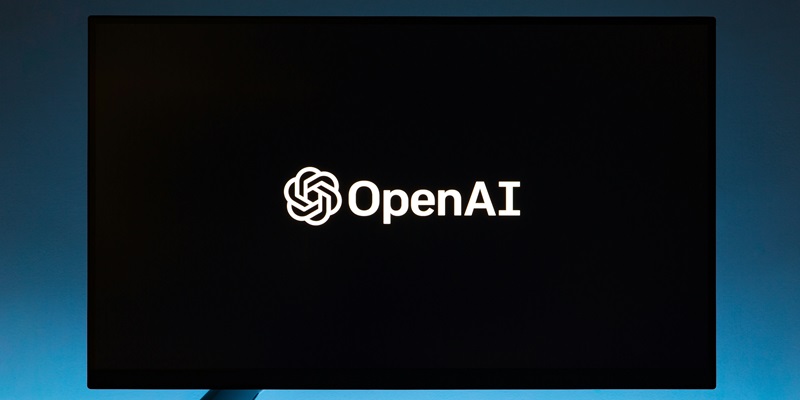OpenAI recently enhanced its Assistants API with a significant update announced on April 17th. This upgrade includes innovative features aimed at elevating both the user interface and the developer’s experience. A standout inclusion in this update is an advanced file search facility capable of effectively managing up to 10,000 files for each assistant, which is a considerable boost for handling large volumes of data. Additionally, the update introduces vector store objects. These objects facilitate the intricate demands of dealing with file operations, such as parsing, chunking, and embedding. This development represents a milestone in refining data manipulation capabilities within the API landscape. Overall, the latest functionalities incorporated into the Assistants API are set to redefine the benchmarks for application development and data management.
Refined Customization and Improved Interaction
OpenAI has upgraded its API with powerful new enhancements aimed at transforming application development. The inclusion of token controls, tool-choice options, and model fine-tuning lets developers tailor the API to their specific needs, making the digital assistants more relevant for their target audience. The addition of streaming support, along with new helpers in the Node and Python SDKs, means developers can craft assistants that interact with users more smoothly and responsively.
This suite of improvements marks the evolution of the Assistants API to OpenAI-Beta: assistants=v2, a move that signals a stable and feature-rich platform. To facilitate a seamless transition, a comprehensive migration guide is available. This step reflects OpenAI’s dedication to continuous innovation and responsiveness to the growing demands of the generative AI technology sector, striving to deliver sophisticated, user-centric AI tools.

